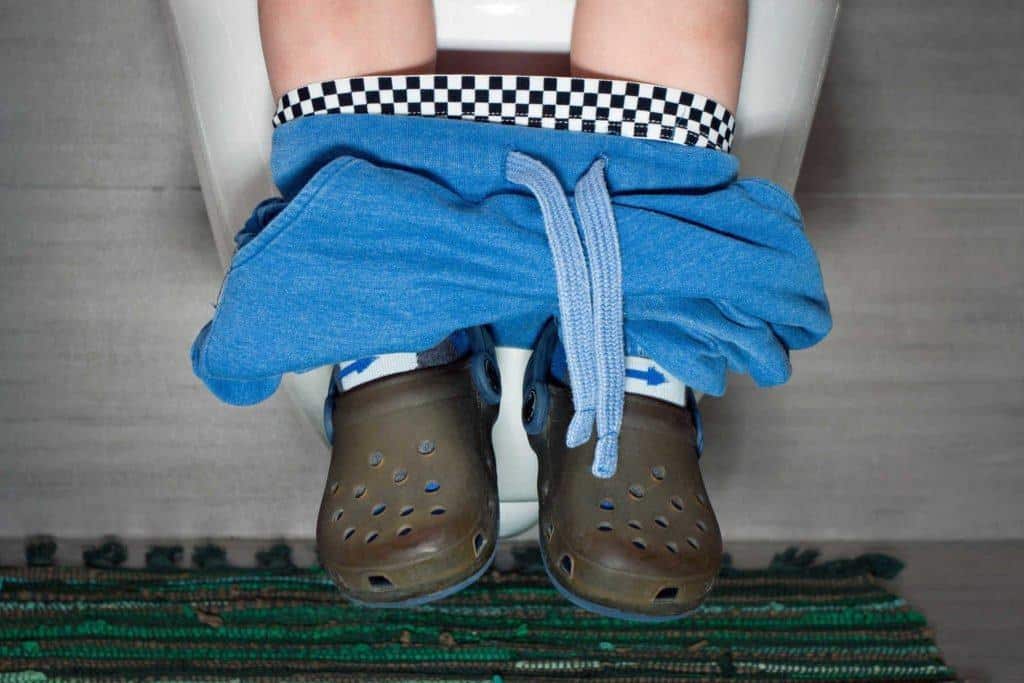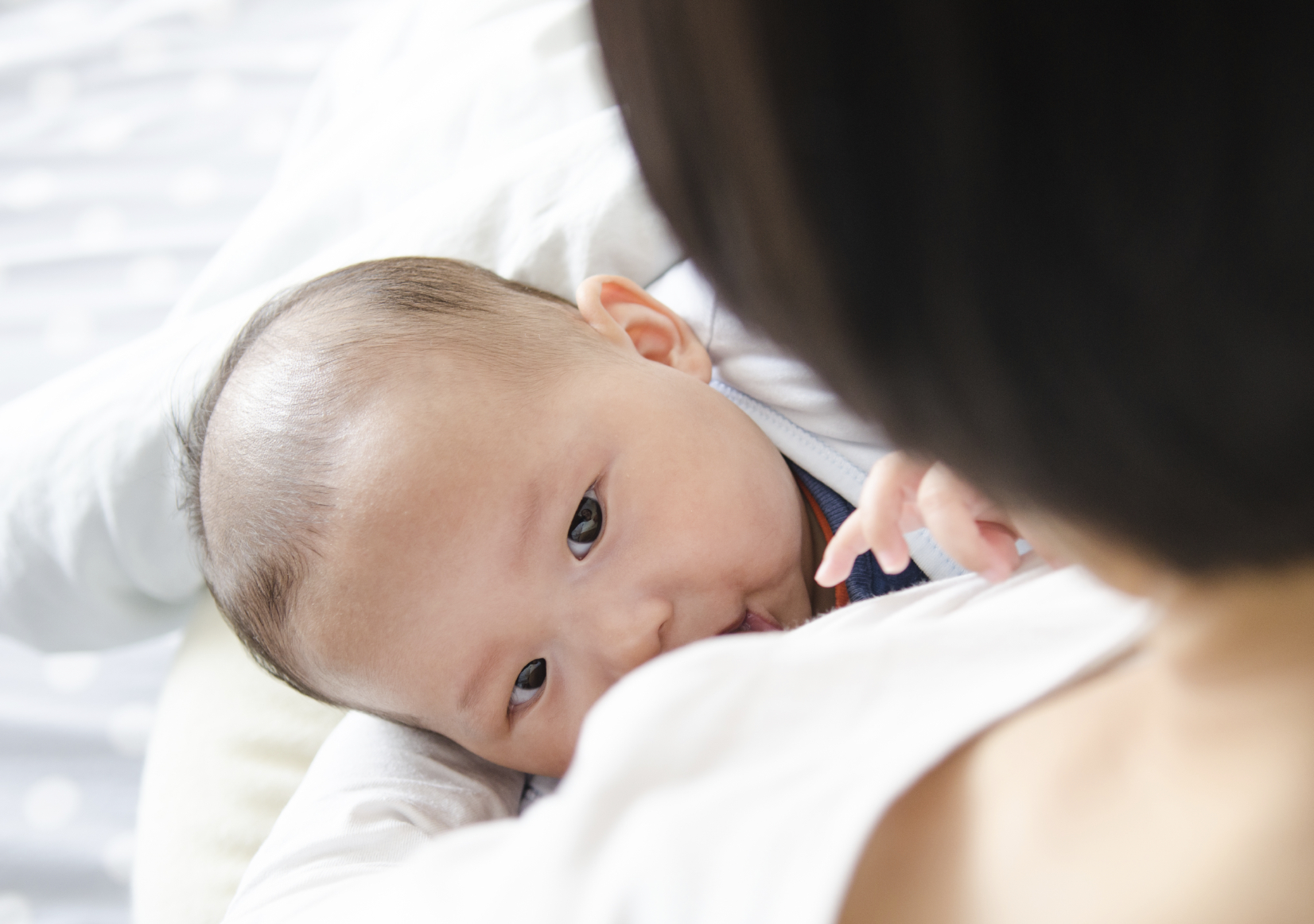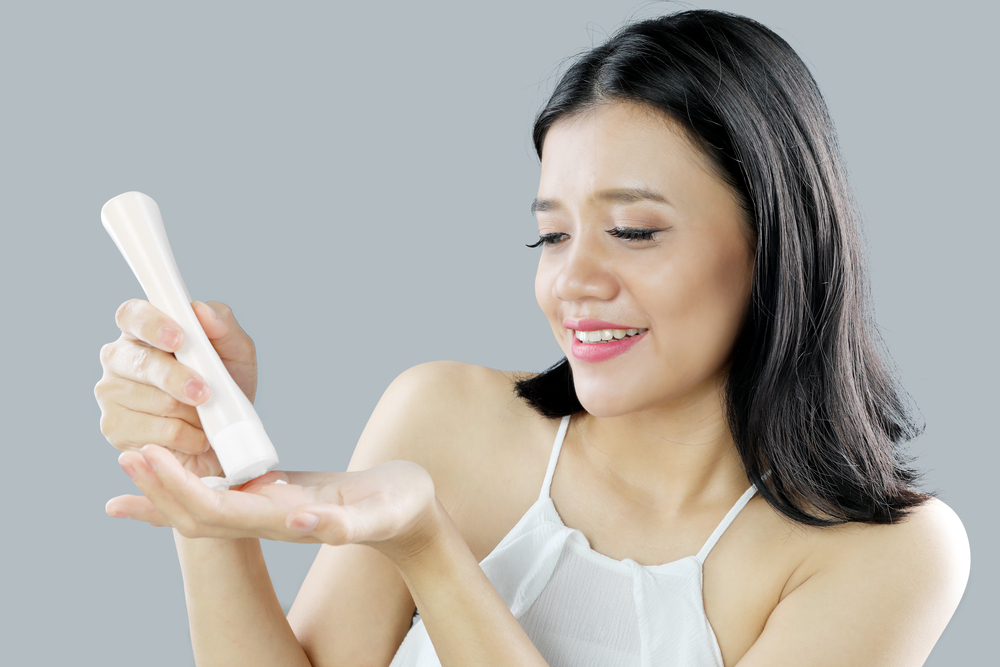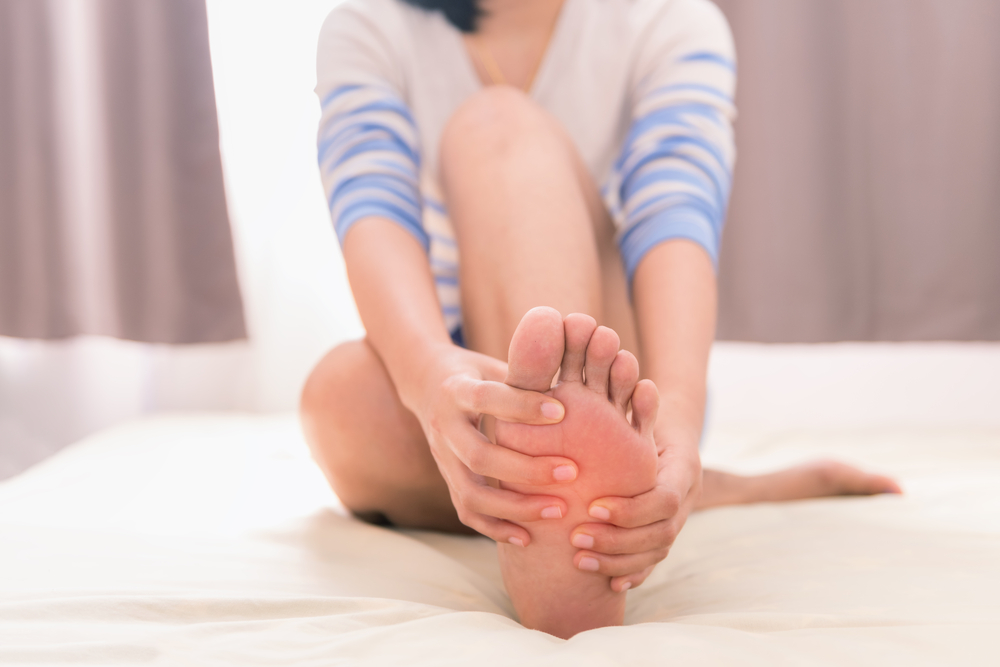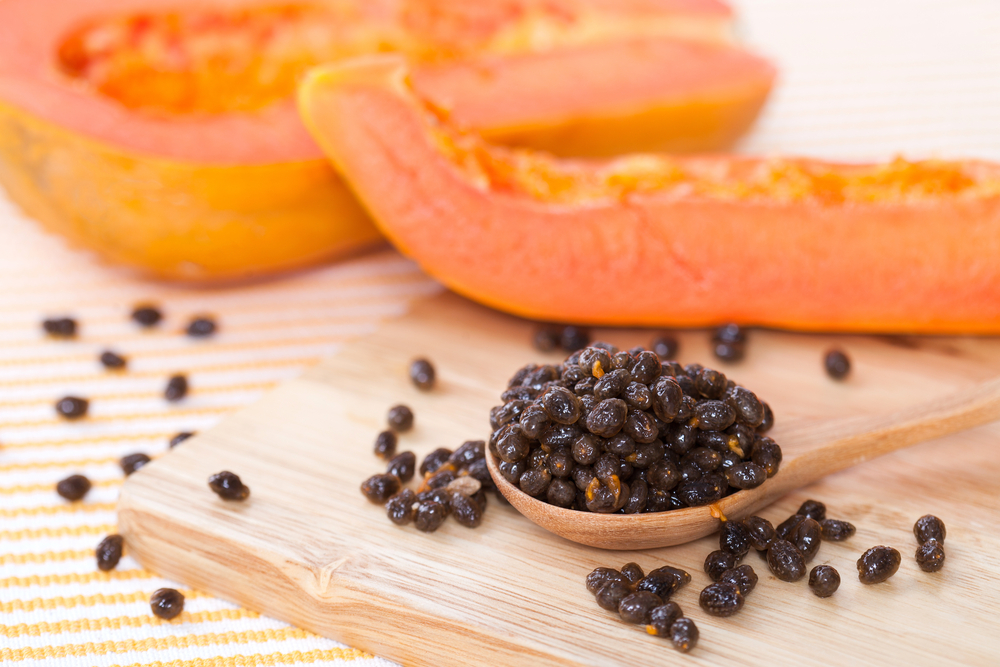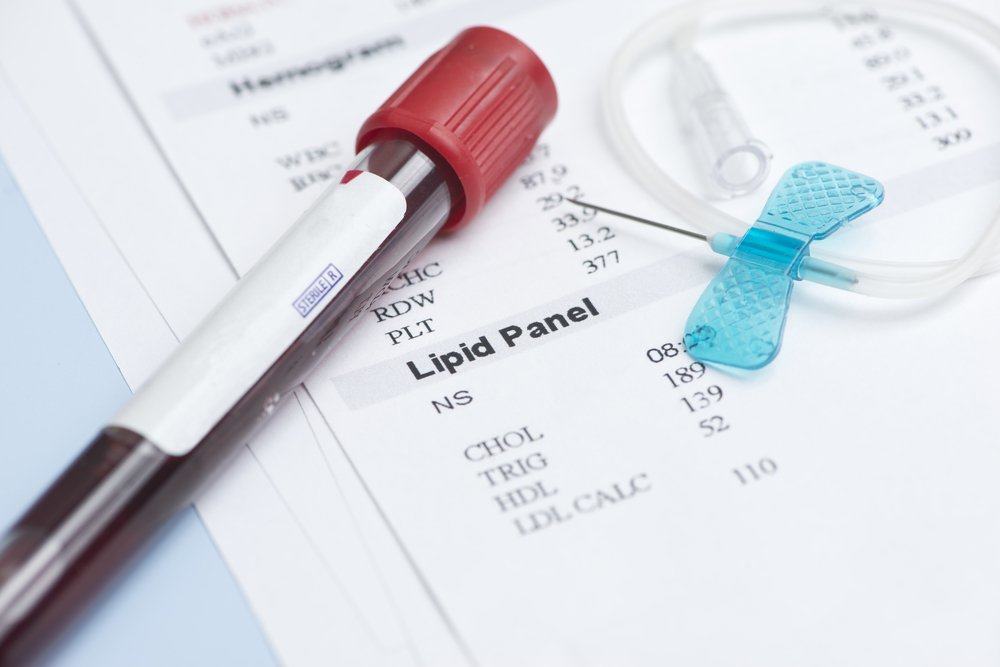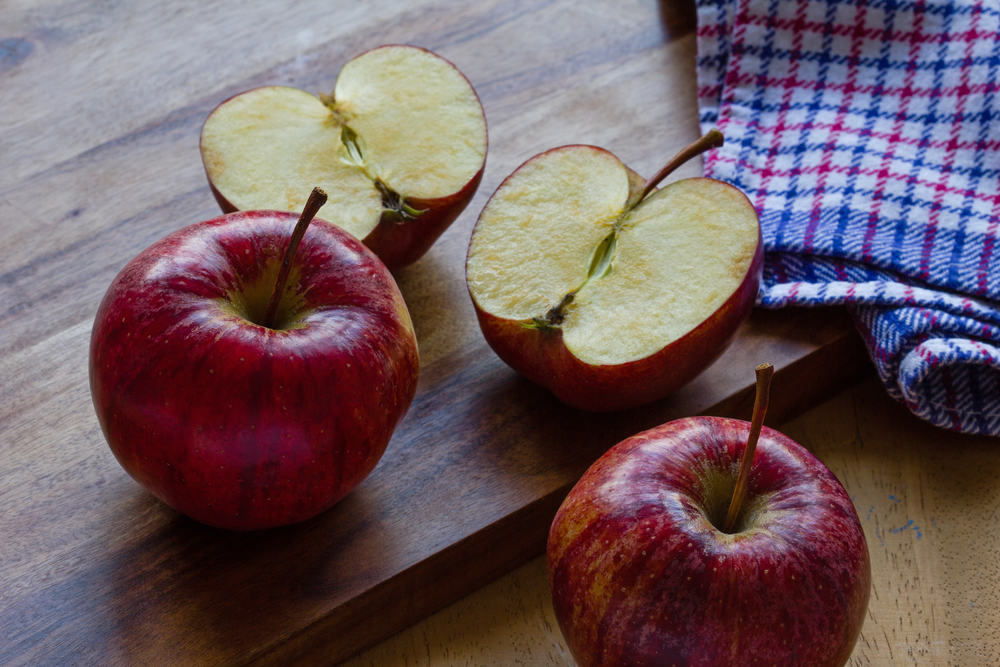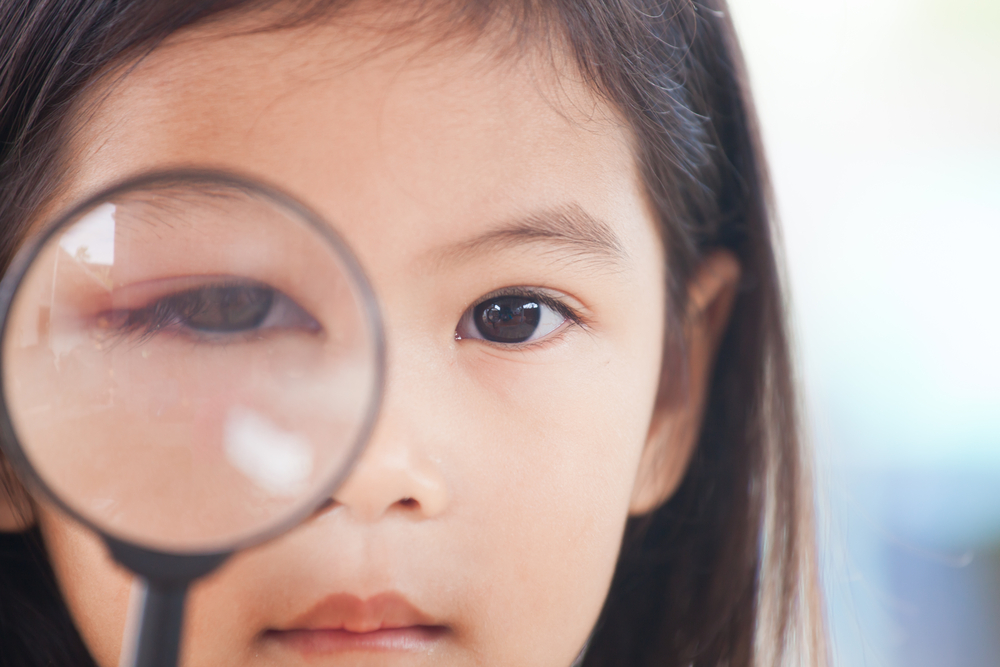Contents:
- Medical Video: Day and Nighttime Wetting
- What is that bladder retraining?
- Learning tips to hold urine
- Make sure the child drinks more during the day.
Medical Video: Day and Nighttime Wetting
Babies cannot determine when to urinate and when to hold it. When the bladder is full, the baby will usually take out the contents immediately. As babies become toddlers and then school-age children, they will learn to control their bladder.
Good control is when the bladder and brain can work well together. If the bladder signals the brain that it is full, the brain will look for a toilet and empty the bladder (urinating).
Most children can control their bladder at the age of 7, but some children need extra guidance.
Poor control of urination can be due to:
- The frequency of urination, when the child has to waste more water during the day
- "Dying pee", when a sense of urination suddenly occurs and is almost unbearable
- "Bedwetting", when he can no longer resist the urge to pee, then urinates without realizing it
If your child cannot control the feeling of urinating, he or she may be able to 'wet' during day and night. This can be very embarrassing and frustrating for both you and your child.
What is that bladder retraining?
Bladder retraining or training to hold urine. This is an effort to follow a bladder routine that can help your child make regular urination. This can help your child to:
- Don't wet your bed again
- The taste of 'dying for pee' and frequent urination will decrease
- Regular bowel habits can prevent urinary tract infections
Follow the instructions prepared to guide your child to hold urine. Other family members can also use the tips below.
Learning tips to hold urine
Stopping urine requires time, patience, and understanding. Make a safe and supportive atmosphere for your child. Together, you develop a strategy to overcome this problem. A relaxed and targeted approach is very helpful.
Make sure the child drinks more during the day.
- Drink more water during the day. Water is the best drink for your child because it can rinse the kidneys and bladder naturally.
- Even though your child usually drinks milk and juice after eating, try giving more water. Your child should drink 2 liters of water or 8 glasses a day.
- Too much juice can irritate the child's bladder. Generally, fruit contains acid which can cause heat and itching when urinating. Try to limit fruit juice or mix with water.
- You might be able to ask your child's school teacher to let your child drink more during the day. For example, ask the teacher at the school if your child can put his drinking bottle on the table.
- Your child may need a 'privilege' to use a toilet until he can control his urine while at school. Ask your doctor to write a letter about this.
Don't drink too much after 6:00 p.m.
- The best time to drink water for children is when you wake up in the morning and evening (16.00-18.00).
- Drinking plenty of water in the morning can ensure adequate urine in the bladder.
- Drinking after 6:00 p.m. will increase the risk of 'bed wetting' at night.
- Your child should urinate every 2-3 hours.
- Your child should get into the habit of urinating. Support your child to try to urinate every 2-3 hours both when he feels he wants to urinate or not.
- Do not hold urine for a long time. This can relax the child's bladder.
- You might want to schedule a child's urination that is in accordance with the child's resting time at school (morning, during school breaks, during the day, mid afternoon, and the sperm)
Avoid caffeine
- Your child should not consume drinks or foods that contain caffeine.
- Caffeine may irritate the bladder and cause an increased urge to urinate and "drip pee."
- Foods and beverages that contain caffeine are sodas, polluted energy drinks, tea, coffee and chocolate.
Importance of fiber
Foods high in fiber can help children nourish the intestines and avoid constipation. When constipation, the bladder is more difficult to fill with urine. This will cause difficulty urinating. Constipation can also cause bladder infections.
Foods that contain high fiber are fruits, vegetables, bran, cereals, whole wheat bread, rice, beans, and lentils.
Do the Kegel exercise
Bladder training can strengthen the muscles around the bladder (urethral sphincter). This exercise is called Kegel exercises.
To help your child understand and feel muscle, ask him to squeeze a fist-sized ball between his legs, just above his knee. When your child can feel his muscles, he can do Kegel exercises when he is not urinating.
Your child should do Kegel exercises twice a day. To help remind your child, do this exercise after your child has daily activities. For example, your child can do this exercise after breakfast and dinner, or after doing homework.
Use diaries or calendars to record children's development
Record in a diary or calendar to count the number of children you have successfully held back urination and stay dry. You can use stickers or signs checklist to count the number of children you urinate.
You can help your child make his own calendar so that your child can make it his daily routine.
Stickers and compliments can be your child's motivation not to wet their bed at night. The diary can also be used to measure a child's development within a certain period of time, such as within 6 months.
If you have questions, ask your doctor or urology nurse.
READ ALSO:
- Can you give fruit juice to babies?
- Facing Tantrum Children in Public Places
- My child is aggressive. How to overcome it?

